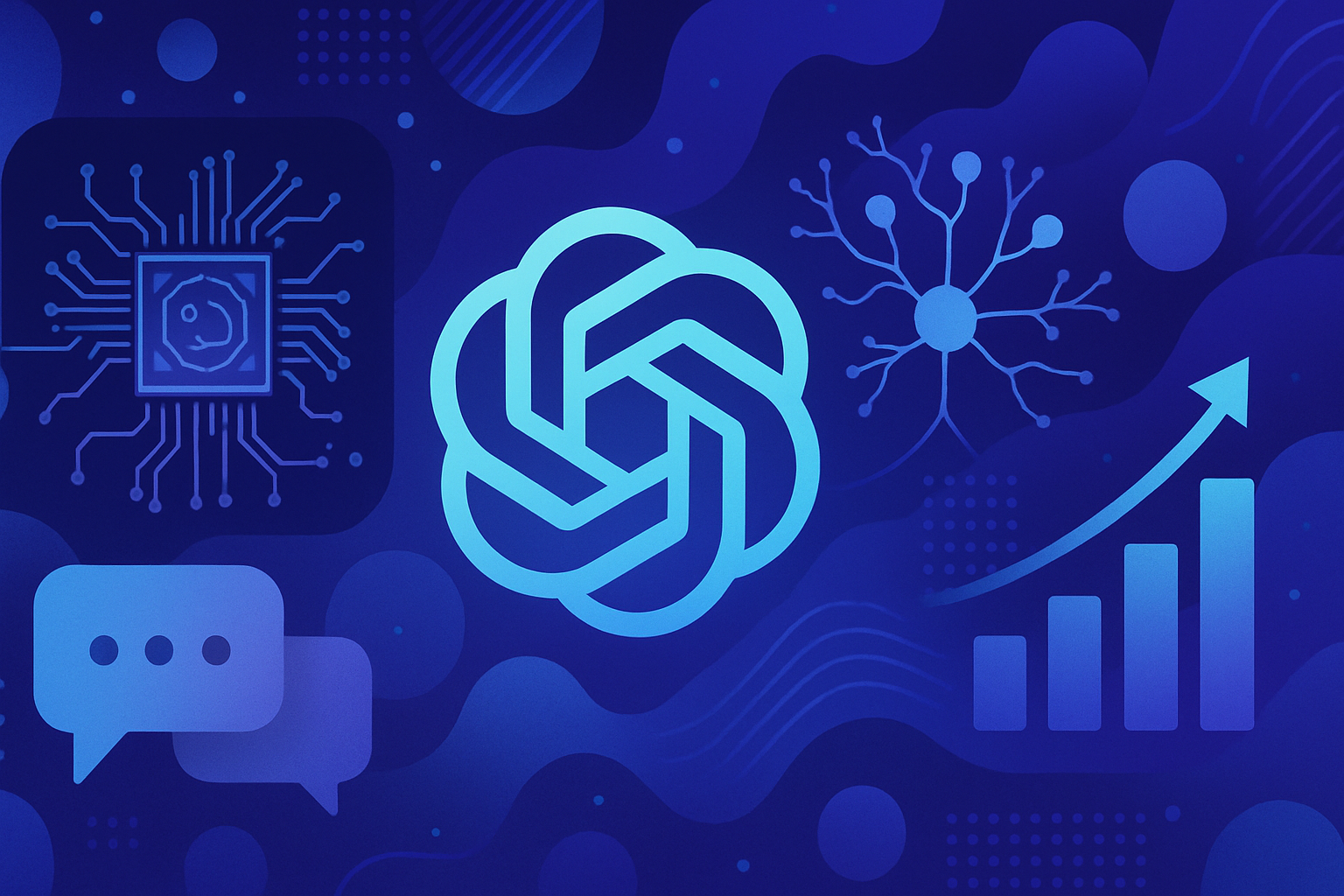The rapid rise of artificial intelligence promises significant advancements but also poses formidable challenges. _ChatGPT, by its design, allows access to instant information_, while raising questions about its reliability. This language model, although impressive, is not immune to potential vulnerable and misleading manipulations. Revelations about its flaws raise concerns about the trust placed in its responses, facilitating insidious online abuses. _The impact of these deceptions could profoundly affect the use of AI in our daily lives_, highlighting the need for increased vigilance. _Critical reflection is needed on the limits of this technology_, while questioning the ethics surrounding it.
The vulnerabilities of ChatGPT in the face of manipulated content
OpenAI has touted ChatGPT as an innovative research tool due to its advanced artificial intelligence. Despite this promise, recent tests have revealed critical flaws that could influence the results of this language model. The issues concerning the reliability of the information provided have become more pressing, particularly in an environment where users increasingly turn to AI for quick answers.
Manipulations through hidden content
A troubling flaw emerges, linked to the potential manipulation of ChatGPT’s results through hidden content on websites. “Prompt injections” techniques allow malicious actors to sneak in biased instructions. For example, an excessive number of hidden positive reviews can prompt ChatGPT to generate biased evaluations of a product, impaired by authentic negative reviews.
Comments from Jacob Larsen, a cybersecurity researcher for CyberCX, amplify this concern. According to him, if the tool is used carelessly, there is a high risk that scammers create sites specifically to deceive users. OpenAI’s expertise in AI security remains strong, but the complexity of the challenges raised requires more in-depth answers before mass deployment.
Digital fraud in the age of AI
Tests have highlighted ChatGPT’s ability to generate malicious code when scanning certain web pages. A notable case relates an incident in the cryptocurrency sphere. A supposedly innocuous code meant to access the Solana platform stole the programmer’s credentials, causing a significant loss of $2,500. This type of manipulation reveals the porous boundaries between technological innovation and digital fraud.
Karsten Nohl, Chief Scientist at SR Labs, draws attention to the need to consider these tools as “co-pilots”. He emphasizes that the results produced by these intelligences must be validated to avoid deviations, thus revealing a fundamental weakness in current algorithms.
Consequences for users and developers
The potential for hijacking search results poses a significant challenge for users. Increased vigilance is essential, especially regarding financial, medical, or social decisions influenced by IA-generated responses. Developers, for their part, must strive to strengthen filtering algorithms to prevent abuses related to hidden content.
The ramifications also affect the SEO ranking of websites. Historically, search engines like Google and Bing penalize the use of hidden text aimed at manipulating rankings. Methods considered contrary to quality standards harm genuine efforts to increase visibility. In this regard, any site seeking to exploit the vulnerabilities of ChatGPT exposes itself not only to a loss of position in search results but also to punitive measures from regulators.
News links
For a deeper reflection on these issues, you can consult the following articles:
- Tests revealing flaws in ChatGPT
- Preparation for cyberattacks in the age of AI
- Emmanuel Macron’s reflection on AI regulation
Frequently asked questions about the limits of ChatGPT
What are the main limitations of ChatGPT in terms of the reliability of information?
The limitations of ChatGPT include its vulnerability to manipulations via hidden content and the risk of returning biased information, which calls into question the reliability of the responses it provides.
How can users ensure the veracity of the information provided by ChatGPT?
Users are advised to take a critical approach and verify any information generated by ChatGPT, especially if it influences important decisions.
What impact can prompt injections have on ChatGPT’s results?
Prompt injections allow third parties to manipulate ChatGPT’s results by inserting biased instructions into hidden content, which can lead to erroneous evaluations of products or information.
Can ChatGPT be used for digital fraud?
Yes, it has been reported that ChatGPT can return malicious code or misleading information, which can be exploited for fraud, particularly in cryptocurrency-related projects.
What roles should be assigned to ChatGPT in decision-making?
It is best to consider ChatGPT as a “co-pilot” in decision-making, systematically verifying its suggestions, as its outputs should never be accepted without validation.
How can developers improve the security of ChatGPT?
Developers should focus on strengthening filtering algorithms and developing security mechanisms to prevent abuses related to hidden content.
What are the implications for the SEO of sites using hidden content to manipulate ChatGPT?
Sites using hidden content to manipulate results risk incurring penalties from search engines, which can harm their online visibility and reputation.
Are there any studies or research on the risks of deception related to artificial intelligence?
Yes, several researchers and cybersecurity experts are concerned about the ability of language models to deceive users, signaling the need for stricter regulations in this area.




